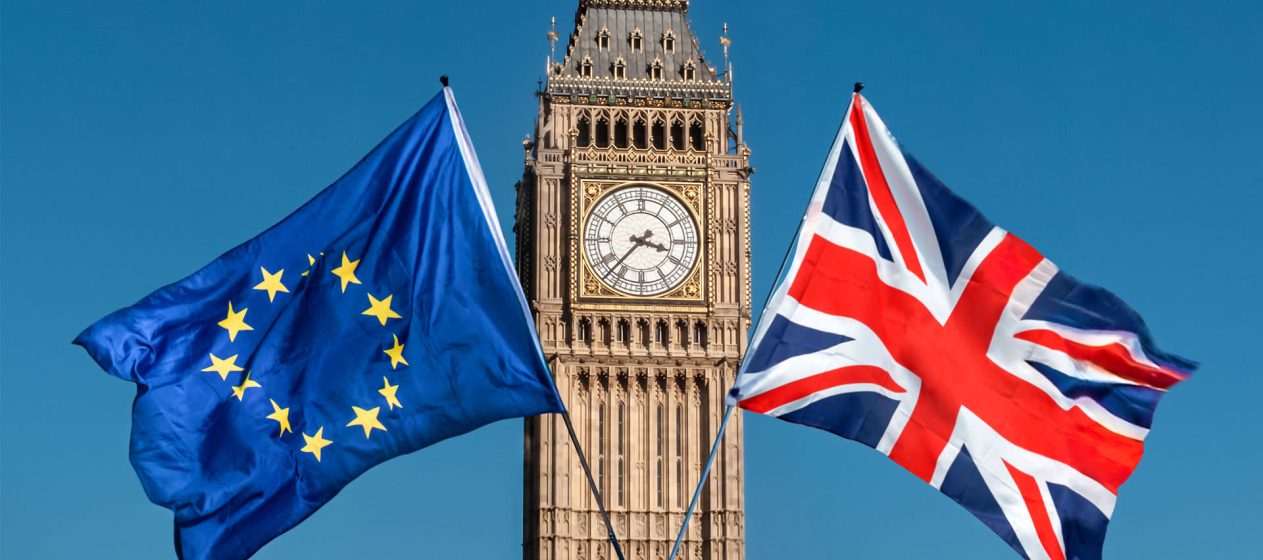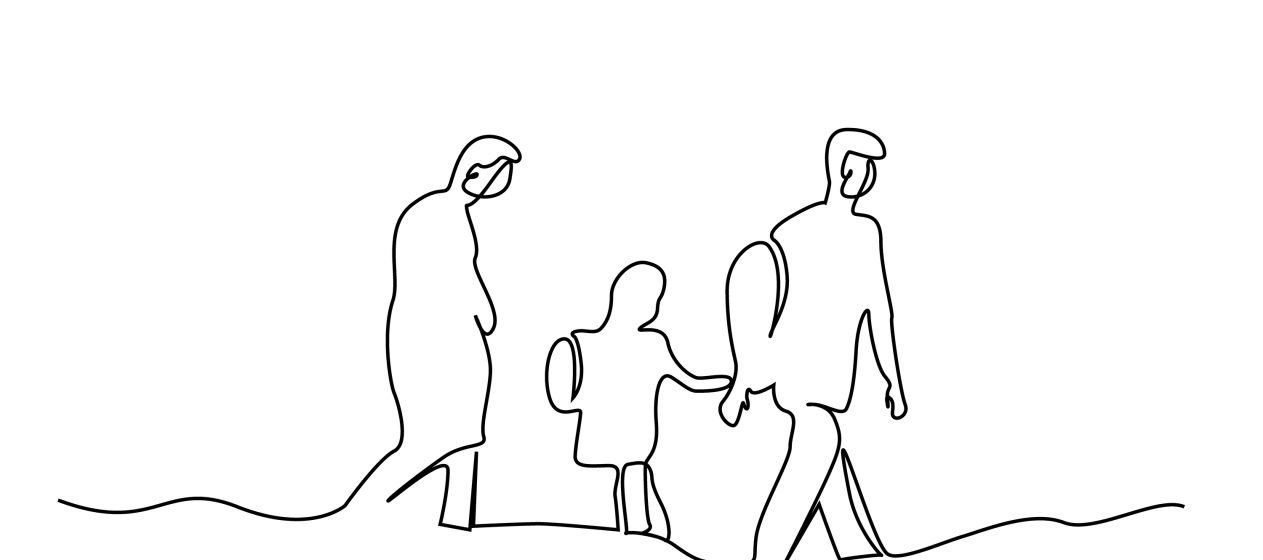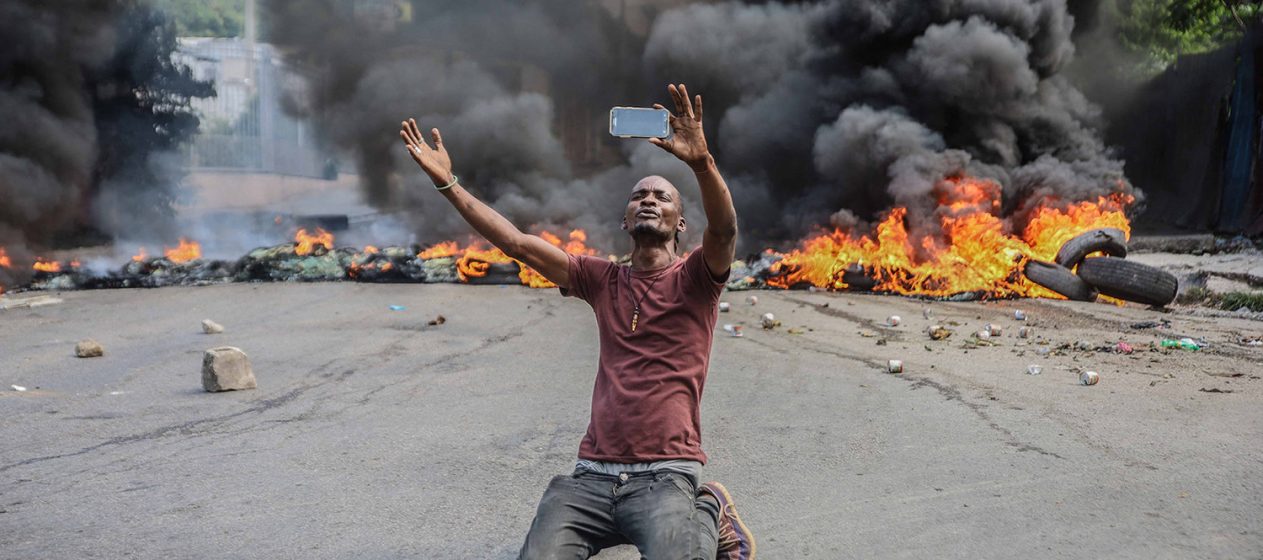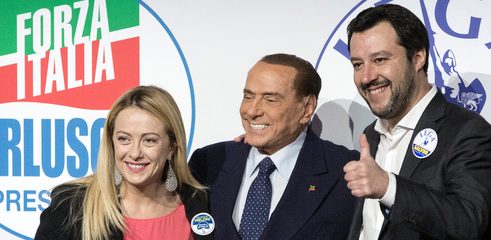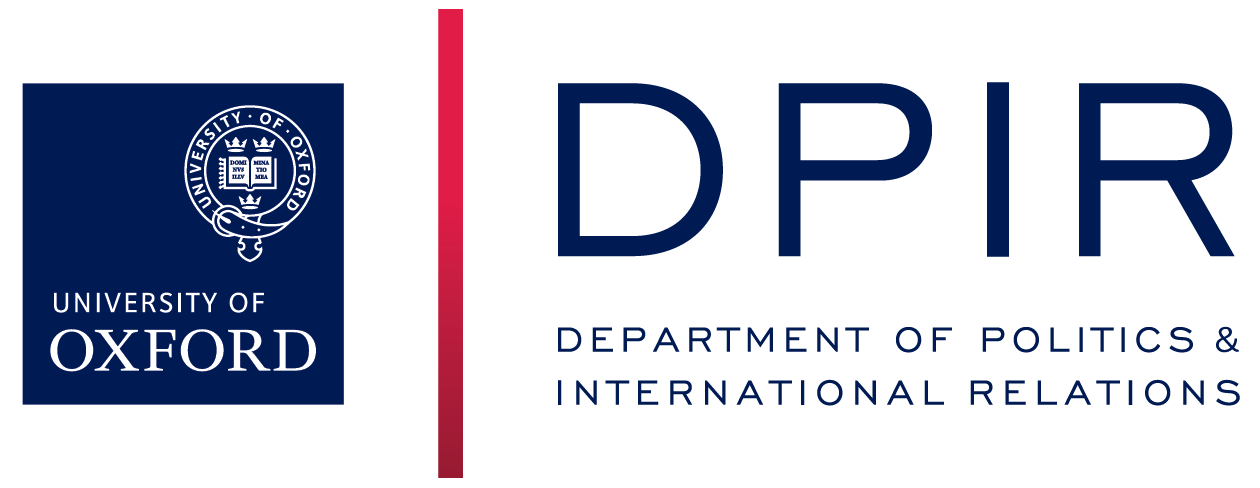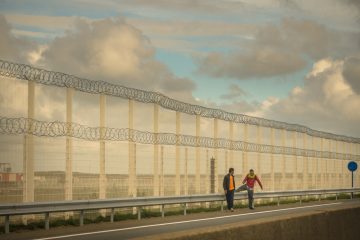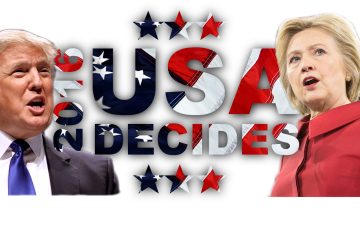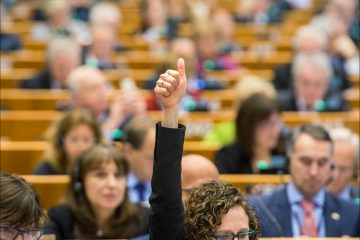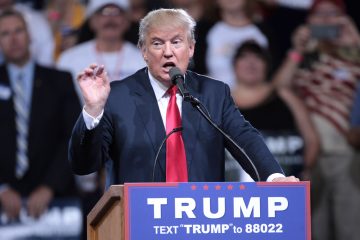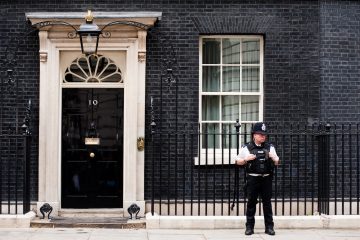
Fairness and Voter Reactions to Government Opportunism
Researcher: Professor Petra Schleiter Governments the world over often behave opportunistically to increase their chances of re-election. Leaders may time elections to take advantage of favourable developments, exploit opposition weakness, or to “cut and run” before their popularity wanes. These tactics are often obvious and we would expect voters to disapprove of such strategies, since they seem unfair and could distort the role of elections as instruments of accountability. Anecdotal evidence also suggests that prime ministers fear such reactions. But how do considerations of fairness affect voter responses to government opportunism? To date, this question remains completely unexplored. This project uses a survey experiment to shed light on the importance of fairness in voter reactions to opportunism, particularly focusing on …









